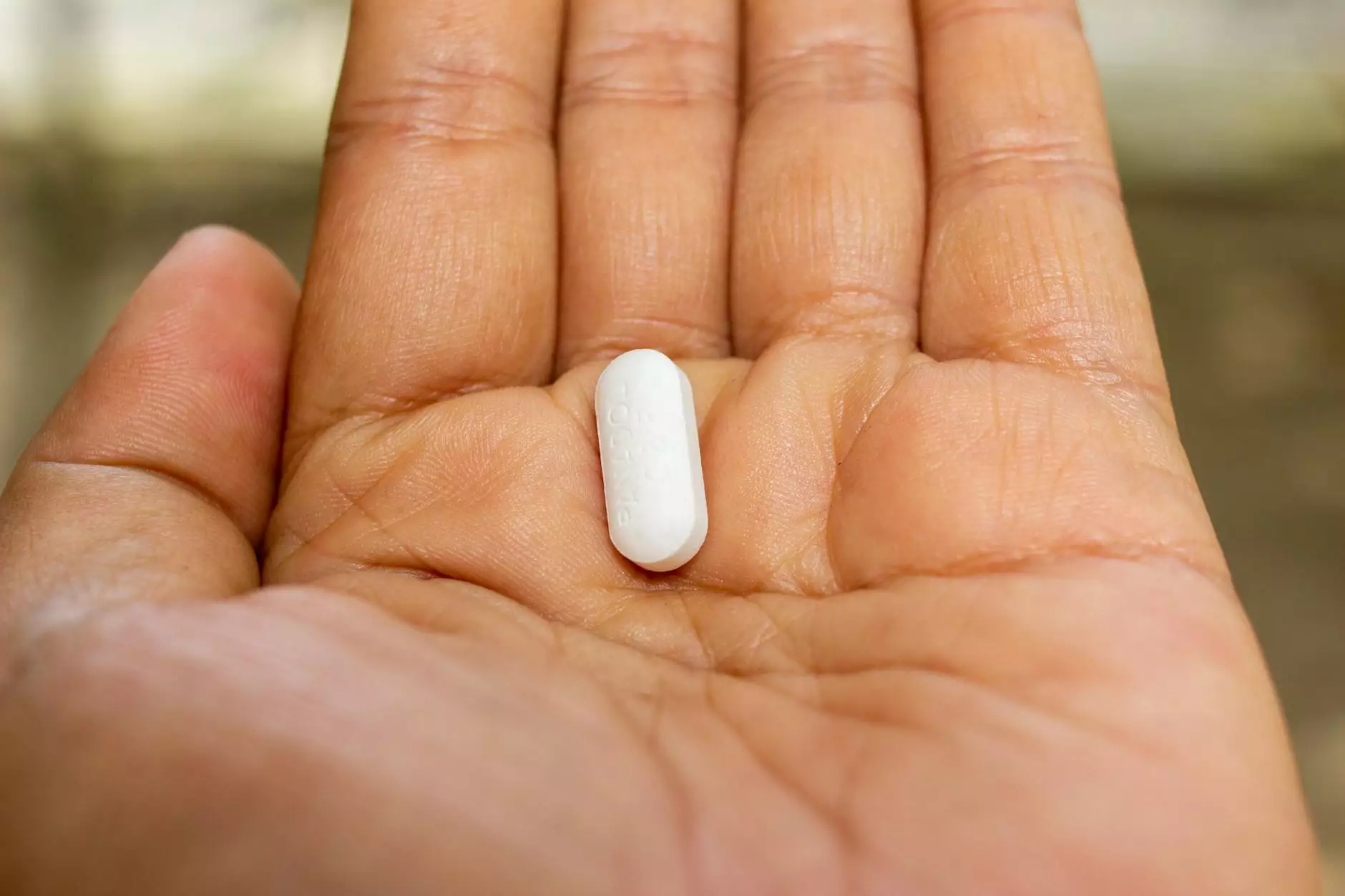Understanding Excessive Palm Sweating and Its Impact on Life

Excessive palm sweating, scientifically known as palmar hyperhidrosis, is a condition that affects many individuals worldwide. It is characterized by an overproduction of sweat in the palms, causing discomfort, embarrassment, and social anxiety. This article aims to provide comprehensive insights into the causes, effects, and available treatments for this often-misunderstood condition.
What Causes Excessive Palm Sweating?
The precise cause of excessive palm sweating remains largely unknown, but it is believed to be linked to the autonomic nervous system. Several factors may contribute to this condition:
- Genetic Predisposition: Many patients report a family history of hyperhidrosis, suggesting a genetic component.
- Emotional Triggers: Stress and anxiety can trigger episodes of excessive sweating, leading to a vicious cycle.
- Heat and Humidity: Environmental factors, such as high temperatures, can exacerbate sweating.
- Medical Conditions: Certain health issues, like hyperthyroidism or diabetes, may lead to increased sweating.
The Psychological Impact of Excessive Sweating
For many individuals, the impact of excessive palm sweating extends beyond physical discomfort. The psychological implications can be significant:
- Social Anxiety: Fear of shaking hands or touching others can lead to isolation and social withdrawal.
- Professional Challenges: Jobs that require handshakes or the use of tools can become difficult, affecting career prospects.
- Emotional Distress: Constant concern over visible sweat can create anxiety and low self-esteem.
Effective Treatments for Excessive Palm Sweating
Fortunately, there are various treatment options available for those suffering from excessive palm sweating. Each option has its benefits and potential drawbacks, and the best choice largely depends on individual circumstances.
Topical Antiperspirants
Topical antiperspirants, which contain aluminum chloride, are often the first line of defense. They work by blocking the sweat glands and are typically applied at night for maximum efficacy. However, results can vary, and some individuals may experience skin irritation.
Oral Medications
In some cases, doctors may prescribe oral medications such as anticholinergic drugs, which reduce sweating all over the body. While they can be effective, they also might lead to side effects such as dry mouth and blurred vision.
BotoBlock: Botox Injections
Botox treatment has gained popularity as a non-surgical solution for excessive palm sweating. The procedure involves injecting botulinum toxin into the affected areas, which temporarily blocks the nerves that trigger sweating. Patients often report significant reductions in sweating for several months, but the treatment requires repeated sessions for sustained results.
Iontophoresis
Iontophoresis is a non-invasive method that uses a device to pass a mild electrical current through water and into the skin's surface, which can reduce sweating. It is typically done in a series of treatments over a few weeks, with maintenance sessions needed thereafter.
Surgery: A Last Resort
For severe cases where other treatments have failed, surgical options may be considered, such as sympathectomy. This procedure involves cutting nerves that cause sweating, providing a more permanent solution. However, it's essential to weigh the benefits against potential risks and side effects, which may include compensatory sweating in other body parts.
Preparing for Your Consultation
If you are considering treatment for excessive palm sweating, preparing for your consultation with a specialist is crucial. Here are several tips to make the most of your appointment:
- Document Your Symptoms: Keep a diary of your sweating episodes, noting when they occur and any triggers.
- List Your Medical History: Be ready to discuss any other health issues and medications you are currently taking.
- Ask Questions: Prepare a list of questions to address any concerns you may have regarding potential treatments and outcomes.
Choosing the Right Specialist
When seeking treatment for excessive palm sweating, it’s important to choose a qualified healthcare provider. Look for a specialist in dermatology or a plastic surgeon with experience in treating hyperhidrosis. Neumark Surgery, for example, offers expert care tailored to your needs, combining advanced medical techniques with compassionate patient support.
Living with Excessive Palm Sweating
While many treatment options exist, living with excessive palm sweating can still present challenges. Here are some strategies to manage symptoms in daily life:
- Wear Appropriate Clothing: Choose breathable, moisture-wicking fabrics that help keep you dry.
- Maintain Hand Hygiene: Regular hand washing can provide comfort and confidence.
- Practice Relaxation Techniques: Mindfulness, meditation, and breathing exercises can help reduce stress-related sweating.
Community Support and Resources
Connecting with others who share similar experiences can provide valuable support. Various online groups and local meet-ups focus on hyperhidrosis, allowing individuals to share experiences, tips, and encouragement. Consider reaching out to organizations such as the International Hyperhidrosis Society for additional resources and support.
Conclusion: Overcoming Excessive Palm Sweating
Excessive palm sweating can be a challenging condition to live with, impacting both personal and professional aspects of life. However, understanding the causes and exploring available treatment options can pave the way for effective management. With advancements in medical technology and support from healthcare professionals, individuals facing this condition can regain confidence and lead fulfilling lives.
For more information or to schedule a consultation, visit Neumark Surgery. Our dedicated team is here to provide you with the support and expertise you need to manage excessive palm sweating effectively.
excessive palm sweating treatment








